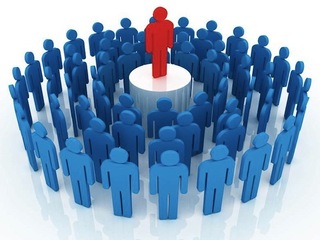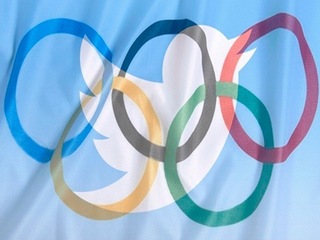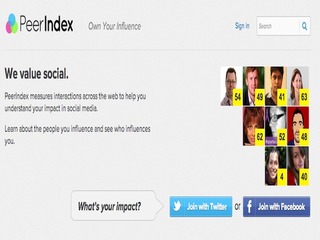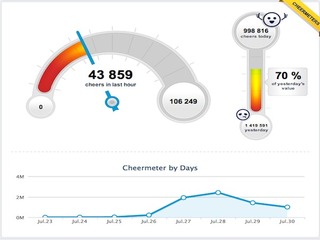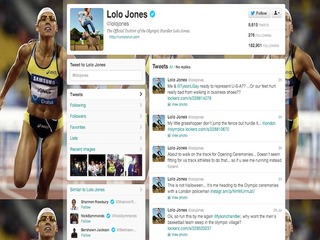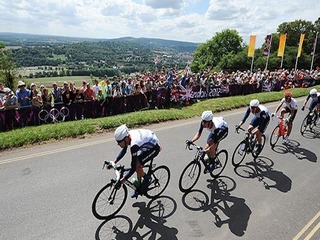DUOS expands AI capabilities to help seniors apply for assistance programs
It will complete and submit forms, and integrate with state benefit systems
Read more...
With nearly a billion people watching the most popular events at the Olympics, and this being dubbed the "social Olympics," the question comes to mind as to which athlete has the most social sway online.
Hundreds of the athletes competing have fan pages, Twitter handles, Tumblr accounts and other social arms of their brand, but a few rank especially high on the totem pole and it shouldn't be a shocker that they are also the biggest advertising draws as well.
Basketball star LeBron James, swimmer Michael Phelps and soccer goalkeeper Hope Solo (in that order) medal on social networking influence podium, according to a social influence service called Kred.
Kred looks at an individual's online influence by assessing how frequently they are retweeted, replied, mentioned and followed on Twitter. The service also connects to Facebook accounts and factors in Facebook posts, mentions, likes, shares and event invitations.
Other top influencers Kred saw included basketball's Kevin Durant, swimmer Ryan Lochte and gymnasts Jordyn Wieber and Aly Raisman. [Full disclosure, Kevin Durant actually ranks higher than Phelps and Solo but it looks like Kred wanted a little more sport diversity on its podium.]
On Kred's 1,000-point influence scale, James hits an extremely impressive 999, while Phelps and Solo both score 977.
When you compare these athletes to two of the biggest social media influencers: Lady Gaga and Justing Bieber (who both max out at 1000 points each), I'd say these athletes are doing quite well, what with them being so busy training 10-12 hours a day. It is mighty impressive they have time to tweet at all.
A recent survey out found that 87% of people plan to use social media or mobile apps to talk with friends about Olympic events this summer.
Techbargains.com, a deal aggregator site for electronics, stated that roughly 53% of those surveyed said they’ll also be supporting teams and athletes via social media.
When you break it down by social media platform, 77% of people said they’ll be interacting on Facebook while watching the Olympics, 31% will be tweeting, 29% will be texting, 28% will be on YouTube, 20% on Google+ and just 6% will be on Pinterest as a part of their Olympics enjoyment.
And its not just the average viewer at home that wants to experience the games through the social media lens, athletes, press and attendees are using these services to keep in touch with their audience and friends back home.
While some athletes have hundreds of thousands of followers and include updates and tweets about anticipation and training, others have already lead to very public backlashes and bans such as that of Australian swimmers Nick D'Arcy and Kenrick Monk. Both were slapped with a one-month social media ban by their country's delegation after they posted photos of themselves posing with guns while training in the United States.
While there are no major outlines on exactly how the athletes must behave on social networks, the IOC has implemented some rules, partly to protect official Olympic sponsors, telling the competitors not to promote non-official brands for one month.
It will be interesting to see how well these athletes maintain their followers and hold up their social influence once the games are a few months behind us. Frankly, they probably won't even notice since their gold medals will require so much shining and attention.
It will complete and submit forms, and integrate with state benefit systems
Read more...The bill would require a report on how these industries use AI to valuate homes and underwrite loans
Read more...The artists wrote an open letter accusing OpenAI of misleading and using them
Read more...
Joined Vator on
